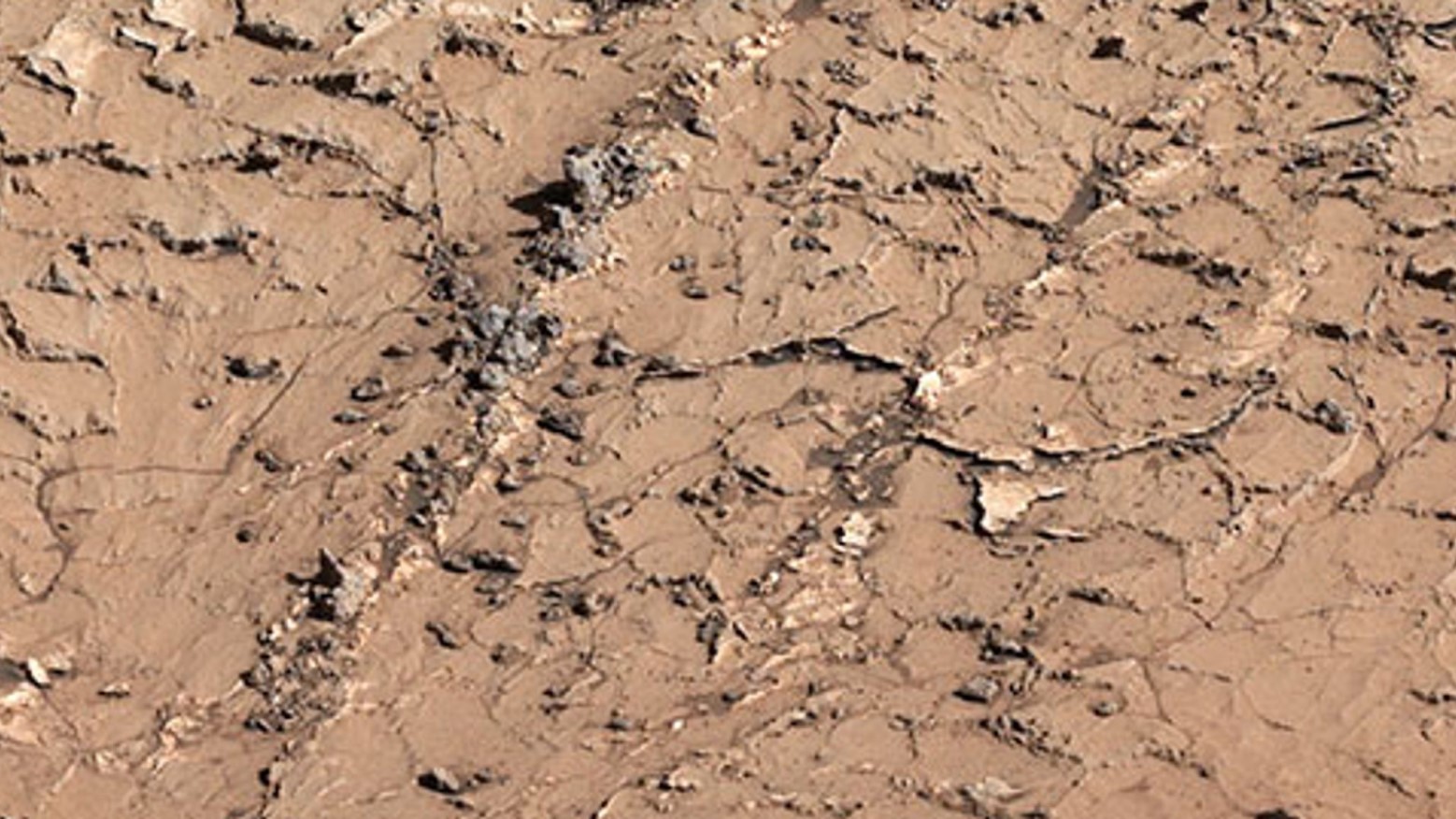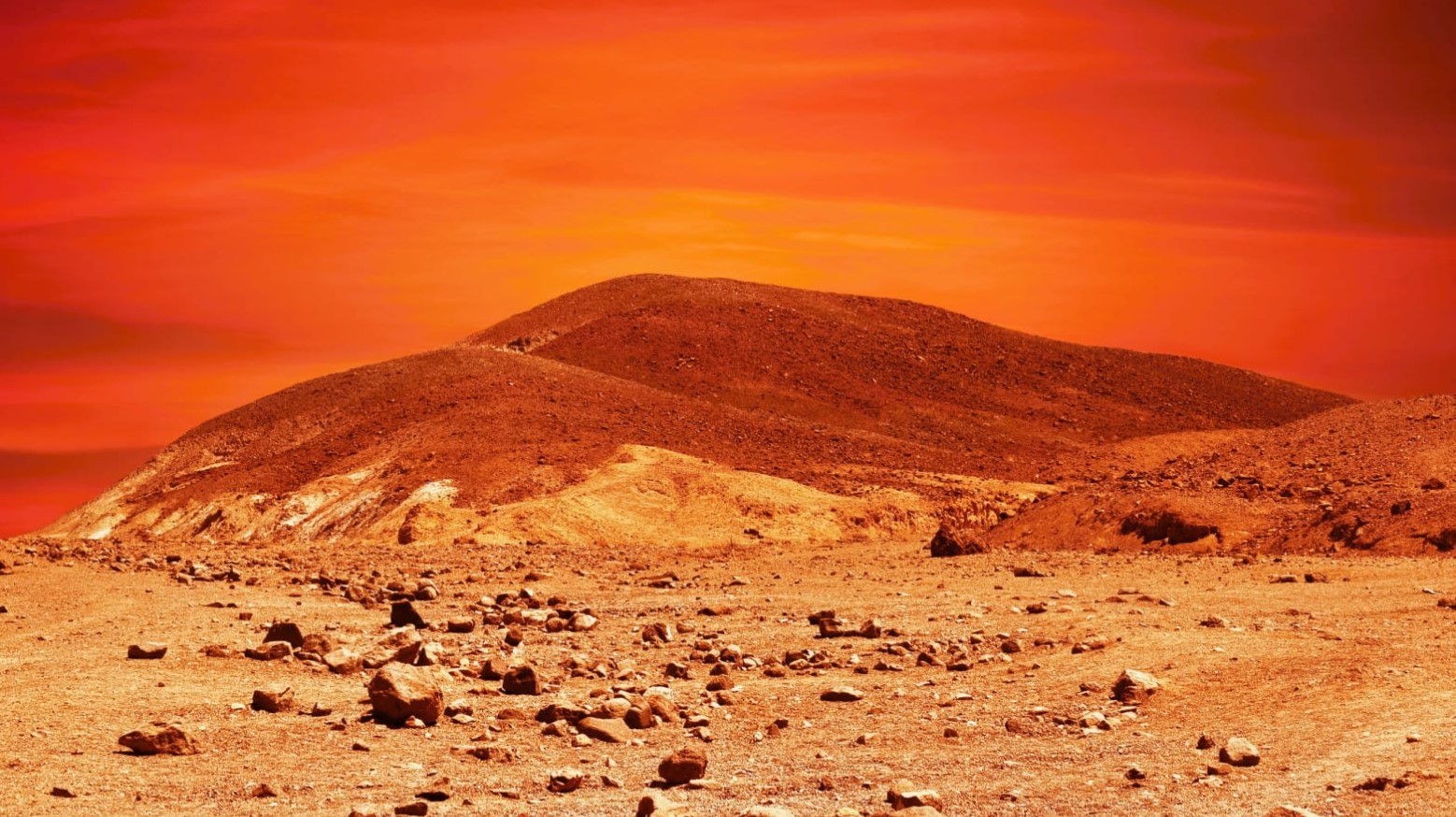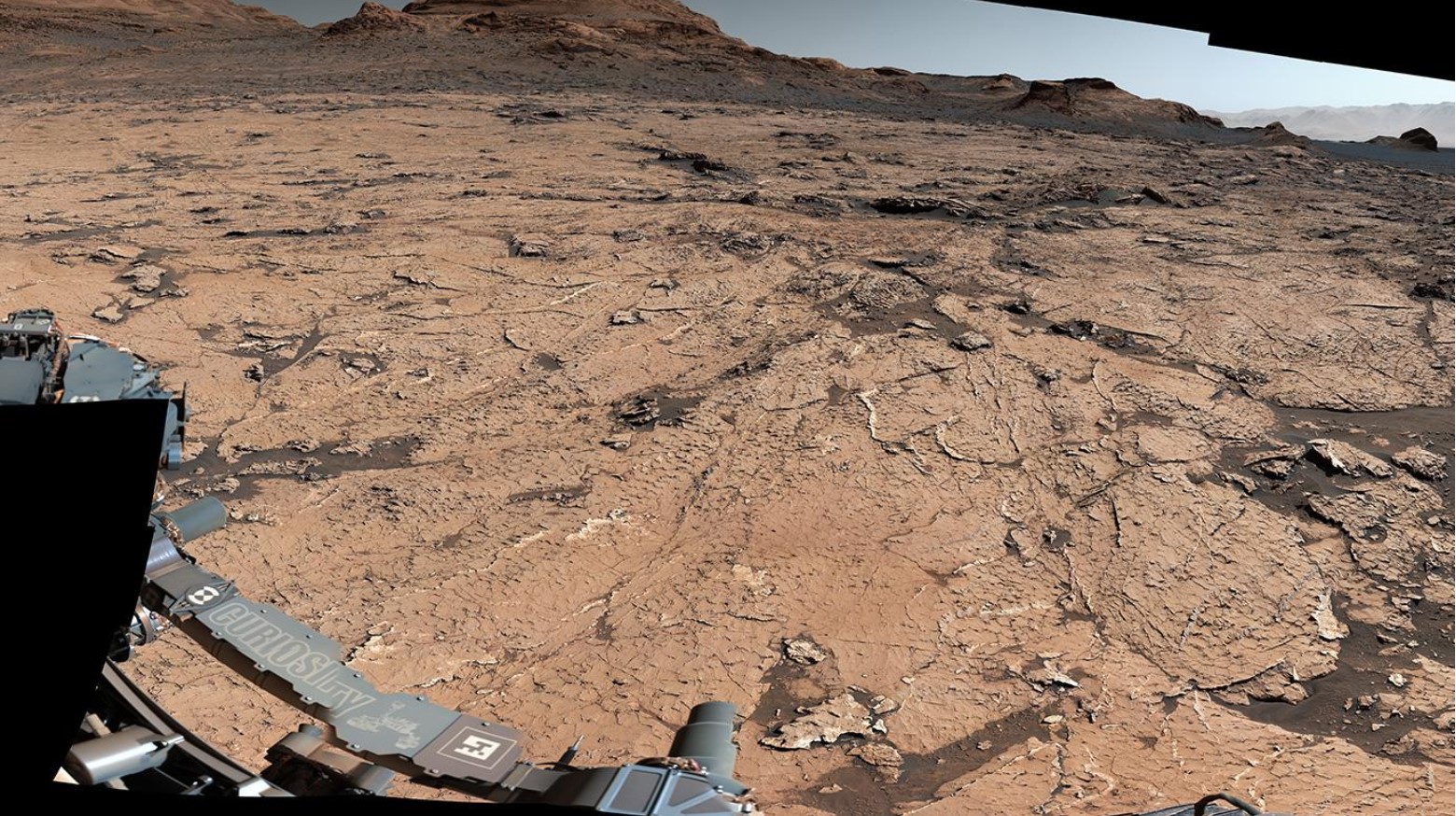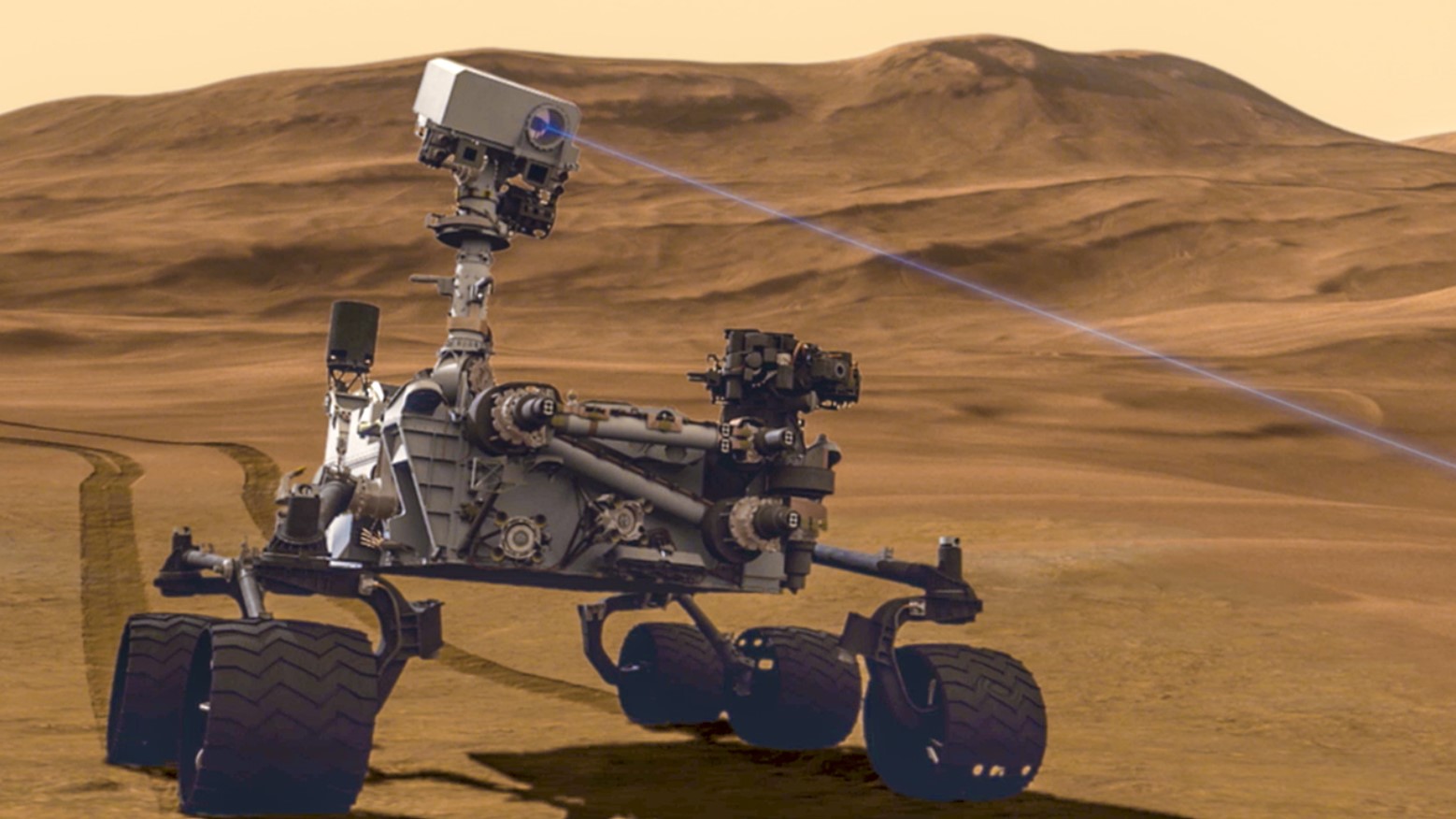The Curiosity Rover Makes New Discovery, Showing Vast Potential for Life on Mars
There are many mysteries surrounding outer space, but perhaps the biggest conundrum is whether or not there is intelligent life on other planets.
For decades, scientists have been on a mission to definitively find out if there is life on Mars. NASA’s Mars Curiosity Rover has made some incredible strides in the right direction. The rover has now discovered ancient mud cracks in a specific pattern, leading scientists to believe that life is possible on the distant planet.
Mud Cracks Called "Pontours" Tell Scientists Many Stories
Curiosity made an innovative revelation in 2021 when it drilled into rock segments that led scientists to “Pontours.” Mud cracks were unearthed, providing scientists with the knowledge that lakes and rivers were once present on the notoriously dry planet.

Source: NASA
The discovery of cracked mud tracks was a major breakthrough in terms of scientific research, because it showed that a wet-dry pattern had been experienced on Mars – meaning that life on the planet wasn’t an impossibility.
Life on Mars May Be More Likely Than Scientists Thought
Curiosity’s marvelous new discovery leads scientists to believe that life is in fact possible on Mars. The wet-dry cycles picked up by the rover offer proof that there have been probable life signs of life.

Source: Tantura/Getty Images
According to William Rapin, lead author of a Nature study, Curiosity’s latest find is the “first tangible evidence we’ve seen that the ancient climate of Mars had such regular, Earth-like wet-dry cycles.”
Interesting Facts About Curiosity
Curiosity has been a reliable way for scientists to gather research on Mars for over a decade. It was designed for the Mars Curiosity Rover mission, also known as the Mars Science Laboratory.

Source: NASA
The rover first launched into orbit on November 26, 2011, and landed on Mars on August 6, 2012. The rover weighs 1,982 pounds and has many amazing capabilities. Curiosity is equipped with “cameras, spectrometers, radiation detectors, and environmental sensors.”
Other Important Findings from the Mars Rover
Curiosity has been an incredible asset to Mars research. The rover has also found organic compounds in Martian rock and evidence of past bodies of water that would have created a thriving environment for microbial life.

Source: NASA
On top of that, Curiosity has given scientists a better understanding of the climate and weather conditions on Mars. Without the technologically advanced rover, exploration of Mars would be tremendously difficult.
